Biologically Integrated Farming Systems
Project Background
In April 2001, CCVT received a grant from the University of California Sustainable Agriculture Research and Education Program to demonstrate biologically integrated farming practices in Central Coast vineyards. While this project is largely funded through the University of California, significant industry funds are being used to match grant funds. Industry memberships help support outreach and education efforts and project growers provide cash and in-kind contributions in the form of time, land, and inputs to help support this project. UCSAREP has funded projects that promote BIFS principles in many crops in California since 1996.
BIFS Fast Facts (pdf)
Project Highlights Presentation (PCA Conference) (pdf)
BIFS PRINCIPLES
The guiding principles of Biologically Integrated Farming Systems are:
- Reduce reliance on pesticides
- Promote healthy soils
- Rely on natural mechanisms as first line of defense against pests and diseases
- Promote biological control for insect pests
PROJECT COMPONENTS
- CCVT established 12 demonstration sites on the Central Coast in Monterey, San Luis Obispo, and Santa Barbara Counites.
- BIFS growers adopt new practices on their site based on their farming philosophy, resource issues, and target pests.
- BIFS staff conducts intensive weekly field and lab monitoring for pest and disease.
- Information regarding pesticide use, fertilizer inputs, cultural practices, and irrigation are also collected.
- Information is integrated into a customized database and data is analyzed.
- Information collected at project sites is used to guide grower pest management decisions and demonstrate the effectiveness of BIFS practices.
- A management team consisting of farm advisors, university researchers, pest control advisors, and growers provides input regarding implementing or improving practices.
OUTREACH
BIFS growers participate in outreach and education activities such as tailgate meetings, seminars, conferences, and other industry educational events to talk about what they are doing in their BIFS block. Whenever possible this outreach is expanded to provide education to the larger community. Recent events include:
- Community Forum: Sulfur in Vineyards - Santa Ynez, CA. The public was invited to participate in a discussion of grapegrower efforts to reduce drift incidents from sulfur applications for mildew control.
- Bilingual Weed Identification Tailgate Meetings - Soledad and Templeton, CA. Co-sponsored with the Pest Management Alliance. Presented in English and Spanish. Weed scientists from Fresno County UC Cooperative Extension and CSU Fresno educated growers about identifying common vineyard weeds at the stages when they are most easily controlled. Growers shared their experiences with managing weeds and promoting a healthy vineyard floor environment.
- Bilingual Pest Identification - Soledad, Paso Robles, Los Alamos. Entomologists from Cal Poly, San Luis Obispo, along with biological control experts, cooperated to extend information on field monitoring techniques, pest identification, and control strategies for common vineyard pests.
- In addition, CCVT staff present information at local industry meetings and publish information in industry periodicals. Outreach beyond the core CCVT membership is significant and reaches beyond the Central Coast.

